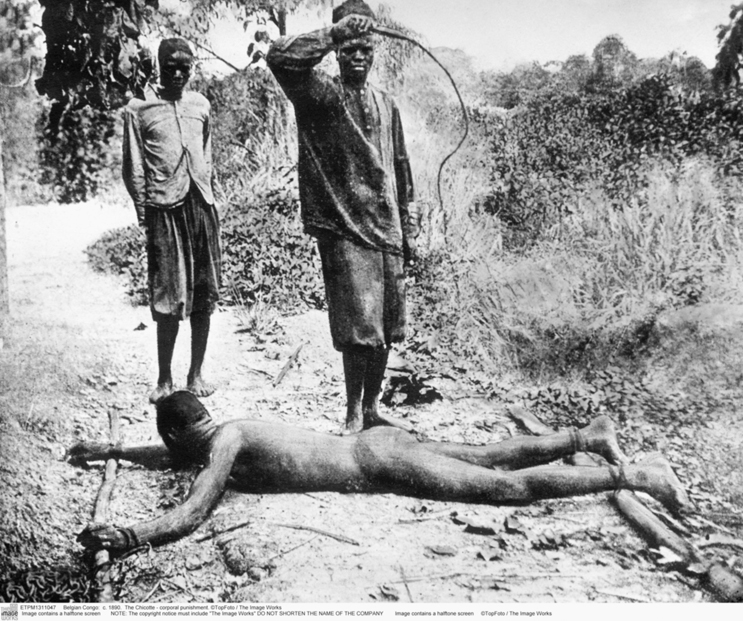A History of World Societies:
Printed Page 757
A History of World Societies Value
Edition: Printed Page 767
The Scramble for Africa, 1880–1914
Between 1880 and 1914 Britain, France, Germany, Belgium, Spain, and Italy, worried that they would not get “a piece of that magnificent African cake” (in Belgian king Leopold II’s graphic words), scrambled for African possessions as if their national livelihoods were at stake. In 1880 Europeans controlled barely 20 percent of the African continent, mainly along the coast; by 1914 they controlled over 90 percent. Only Ethiopia in northeast Africa and Liberia on the West African coast remained independent (Map 25.1).
In addition to the general causes underlying Europe’s imperialist burst after 1880, certain events and individuals stand out. First, as the antislavery movement succeeded in shutting down the Atlantic slave trade by the late 1860s, slavery’s persistence elsewhere attracted growing attention in western Europe and the Americas. Through the publications of Protestant missionaries such as David Livingstone from Scotland and the fiery eyewitness accounts of the Catholic White Fathers missionary society (named for their white robes), antislavery activists learned of the horrors of slave raids and the suffering of thousands of innocent victims sold within Africa and through East African ports. The public was led to believe that European conquest and colonization would end this human tragedy by bringing, in Livingstone’s famous phrase, “Commerce, Christianity, and Civilization” to Africa.
King Leopold II (r. 1865–
In addition to developing rules for imperialist competition, participants at the Berlin Conference also promised to stop black and Islamic slave dealers and to bring Christianity and civilization to Africa:
All the Powers exercising sovereign rights or influence in the aforesaid territories bind themselves to watch over the preservation of the native tribes, and to care for the improvement of the conditions of their moral and material well-
They shall, without distinction of creed or nation, protect and favour all religious, scientific or charitable institutions and undertakings created and organized for the above ends, or which aim at instructing the natives and bringing home to them the blessings of civilization.6
In truth, however, these ideals ran a distant second to, and were not allowed to interfere with, the nations’ primary goal of commerce — holding on to their old markets and exploiting new ones.
The Berlin Conference coincided with Germany’s emergence as an imperial power. In 1884 and 1885 Bismarck’s Germany established protectorates over a number of small African kingdoms and societies in Togoland, Kamerun, southwest Africa, and, later, East Africa (see Map 25.1). In acquiring colonies, Bismarck cooperated with France’s Jules Ferry against the British. (See “Listening to the Past: A French Leader Defends Imperialism.”) The French expanded into West Africa and also formed a protectorate on the Congo River. Meanwhile, the British began enlarging their West African enclaves and pushed northward from the Cape Colony and westward from the East African coast.
The British also moved southward from Egypt, which they had seized in 1882 (see “Egypt: From Reform to British Occupation”), but were blocked in the eastern Sudan by fiercely independent Muslims, who had felt the full force of Islamic revival. In 1881 a pious Sudanese leader, Muhammad Ahmad (1844–
All European nations resorted to some violence in their colonies to retain control, subdue the population, appropriate land, and force African laborers to work long hours at physically demanding, and often dangerous, jobs. In no colony, however, was the violence and brutality worse than in Leopold II’s Congo Free State. Rather than promoting Christianity and civilization as Leopold had promised, the European companies operating in the Congo Free State introduced slavery, unimaginable savagery, and terror. Missionaries and other religious leaders were not even allowed into the colony, to prevent them from reporting the horrors they would witness there.

Profits in the Congo Free State came first from the ivory trade, but in the 1890s, after many of the Congo’s elephant herds had been decimated, a new cash crop arose to take ivory’s place. In the mid-